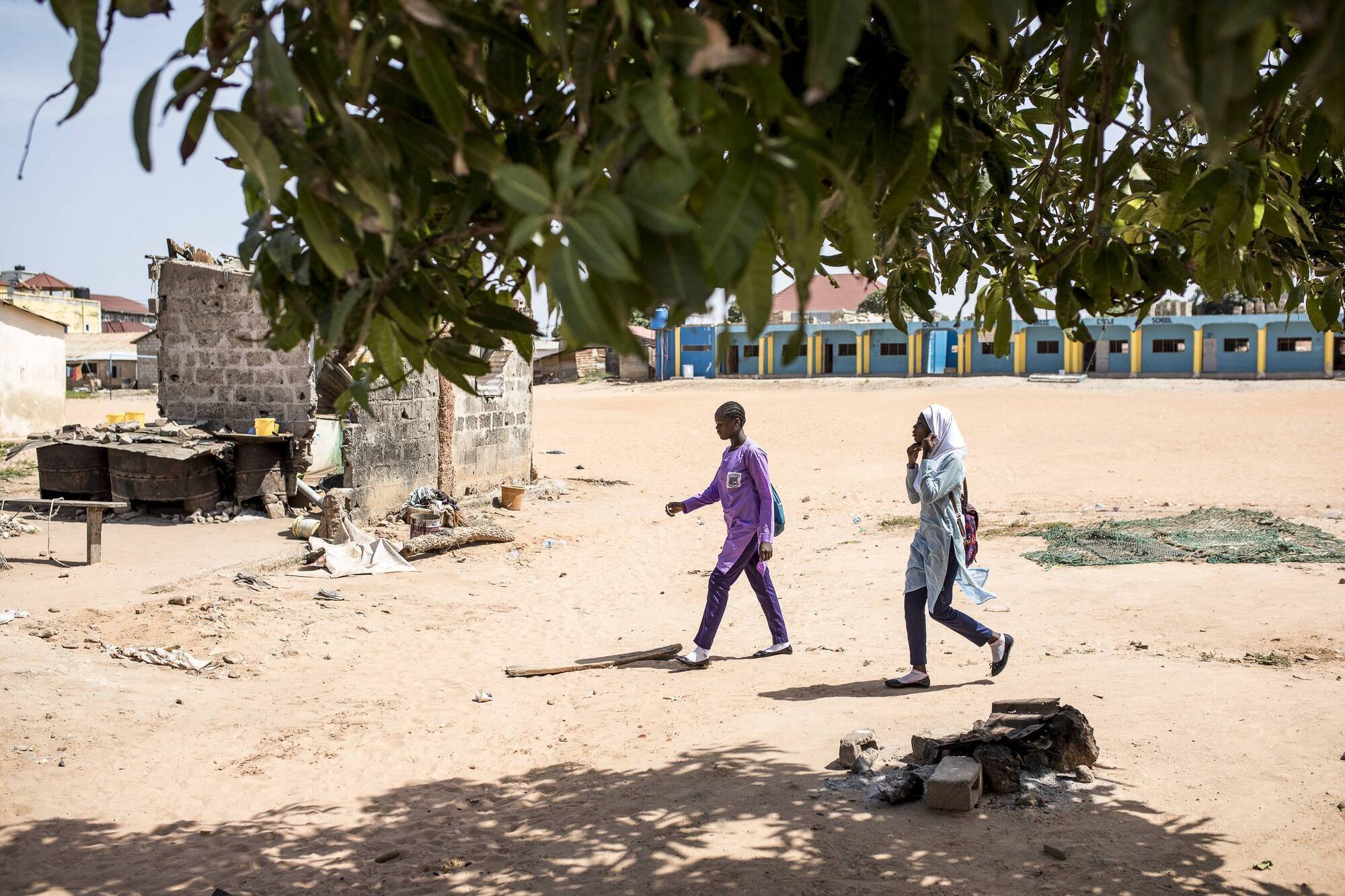Gambiaj.com – (Banjul, The Gambia) – The Gambia has emerged as one of the key supporters of a new United Nations initiative that seeks to enshrine free education for all children in international law, reinforcing its commitment to expanding access to learning for every child.
Negotiations for the proposed treaty — an “optional protocol” to the 35-year-old UN Convention on the Rights of the Child — are set to begin next month. If adopted, it would mark the first time international law explicitly guarantees every child free education from pre-primary through to the end of secondary school.
Currently, the Convention only ensures free education at the primary level, a provision many advocates say is outdated given the demands of the modern world.
The Gambia’s support aligns it with over 50 countries worldwide, the majority from the Global South, that are pressing for stronger commitments to free and universal education. Sierra Leone, one of the initiative’s leaders, has already guaranteed 13 years of free schooling under its domestic law.
For The Gambia, where access to quality and affordable education remains a pressing national priority, the treaty offers a chance to push for global recognition of education as a right, not a privilege. Advocates argue that removing school fees and related costs is essential to increasing enrollment and ensuring children not only start school but also remain until completion.
Education campaigners point to international evidence showing that making schooling free dramatically improves enrollment and retention rates. Ireland’s experience is often cited: when the country introduced free secondary education in 1967, the number of students staying in school nearly doubled within a decade.
More recently, Ireland’s universal free early childhood education program saw uptake rates reach 95%, with nearly half of parents saying they would not have been able to access early learning without it.
For low-income countries like The Gambia, the push for a global treaty is not just about fairness but also smart economics. The World Bank estimates that every euro invested in pre-primary education can generate returns of up to €14 through improved employment prospects, higher earnings, and increased economic growth.
The Gambia’s involvement also reflects the influence of strong educational ties between Gambian and Irish educators, fostered through the Gambia Ireland Volunteers in Education (GIVE) program. Since 2011, the initiative has connected Irish teachers with their Gambian counterparts, strengthening classroom practice and building solidarity between the two countries.
As the UN negotiations get underway, expectations are high that countries like The Gambia will play a pivotal role in amplifying the voices of the Global South. Education advocates stress that this is less about the size of national budgets and more about political will.
“The lesson is clear,” one campaigner noted. “When education is free, more children walk through the school door — and stay there.”










